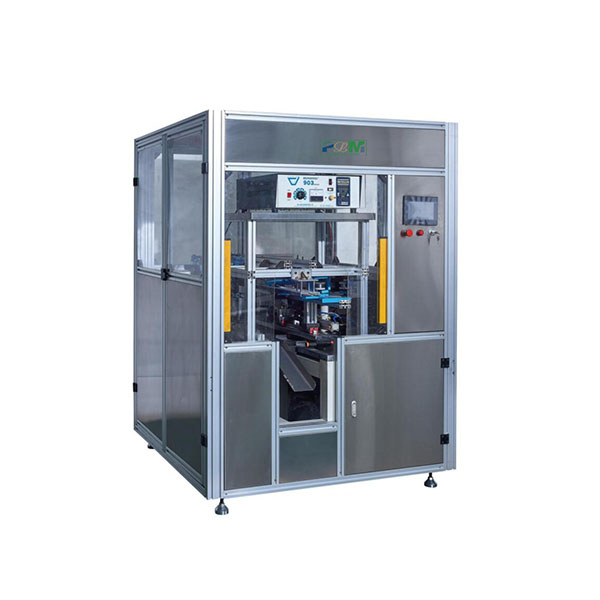Dec . 10, 2024 23:09 Back to list
Buy high-quality air filter fabric for optimal indoor air quality and performance.
The Importance of Choosing the Right Air Filter Cloth Fabric
When it comes to maintaining air quality, we often overlook the significance of the materials used in air filtration systems. Among these materials, air filter cloth fabrics play a crucial role in ensuring that our surroundings remain clean and safe. From industrial settings to residential spaces, understanding the importance of selecting the right air filter cloth fabric is essential. In this article, we will explore the types of fabrics available, their benefits, and factors to consider when purchasing them.
What is Air Filter Cloth Fabric?
Air filter cloth fabric is a specialized material designed to trap and filter out particles, pollutants, and contaminants from the air. These fabrics are typically made from synthetic fibers, natural fibers, or a combination of both. The effectiveness of an air filter largely depends on the type and quality of the fabric used. Common materials include polyester, polypropylene, and cotton, each offering different advantages based on their characteristics.
Types of Air Filter Cloth Fabrics
1. Polyester Fabric This synthetic option is known for its durability and resistance to moisture, chemicals, and UV light. Polyester fabrics can handle high temperatures, making them suitable for various industrial applications. They are also lightweight and easy to clean, which contributes to their popularity.
2. Polypropylene Fabric An excellent choice for environments where moisture is a concern, polypropylene fabrics are inherently hydrophobic, meaning they repel water. This property makes them ideal for filtrating humid air. Additionally, this fabric is cost-effective and has good filtration efficiency, making it a favorite for both industrial and residential air filters.
3. Cotton Fabric While less commonly used in industrial settings, cotton fabric can be found in some HVAC systems. It is breathable and effective for trapping larger particles. However, its susceptibility to mold and limited lifespan compared to synthetic options make it less ideal for harsh environments.
Benefits of Using Quality Air Filter Cloth Fabrics
1. Improved Air Quality The primary function of air filter cloth fabrics is to enhance air quality. By trapping dust, pollen, allergens, and other pollutants, they help create a healthier living or working environment.
buy air filter cloth fabric

2. Energy Efficiency A high-quality air filter can improve the efficiency of HVAC systems. By ensuring that the system runs smoothly and does not have to work harder due to clogged filters, significant energy savings can be achieved.
3. Increased Lifespan of Equipment When the air is filtered effectively, it reduces the wear and tear on HVAC units and other air handling equipment. This alleviation can extend the lifespan of these systems and decrease maintenance costs.
4. Customization Options Many manufacturers offer customized air filter cloth fabrics tailored to specific needs. Whether you require filters for wood shops, manufacturing plants, or home use, specialized solutions are available to meet diverse requirements.
Factors to Consider When Buying Air Filter Cloth Fabrics
1. Particle Size and Type When selecting air filter cloth fabrics, it is crucial to understand what type of particles need to be filtered. Different fabrics have varying filtration efficiencies, so it’s essential to choose one that meets your specific air quality requirements.
2. Environmental Conditions Consider the environment where the filters will be used. Fabrics that can withstand moisture, temperature variations, and chemicals may be necessary for industrial settings, while lighter materials may suffice for residential applications.
3. Maintenance and Cleanability Look for fabrics that are easy to maintain and clean. Some filters can be washed and reused, while others may require replacement. Consider the long-term costs associated with maintenance.
4. Cost vs. Value While it might be tempting to opt for the cheapest option available, it’s important to assess the value over the long term. Investing in quality air filter cloth fabric can save you money in energy costs, equipment maintenance, and the potential health costs associated with poor air quality.
Conclusion
Choosing the right air filter cloth fabric is crucial for ensuring optimal air quality and the efficiency of HVAC systems. By understanding the types of materials available, their benefits, and the factors to consider, consumers can make informed decisions that positively impact their health and the longevity of their equipment. Investing in quality air filter cloth fabric not only fosters a cleaner environment but also leads to long-term savings and improved overall quality of life.
-
High Strength Orange PU Glue for Versatile Bonding Solutions
NewsJul.26,2025
-
Active Carbon Air Filter for Air Purifier – Efficient Odor & Allergen Removal
NewsJul.25,2025
-
Active Carbon Air Filter for Air Purifier – Superior Odor & Allergen Removal
NewsJul.24,2025
-
High-Efficiency Active Carbon Air Filter for Air Purifier | Odor & Allergen Removal
NewsJul.23,2025
-
Active Carbon Air Filter for Air Purifier – High Efficiency Filtration Solution
NewsJul.22,2025
-
Durable Sintered Porous Metal Filter Tube Cup & Machines
NewsJul.22,2025
